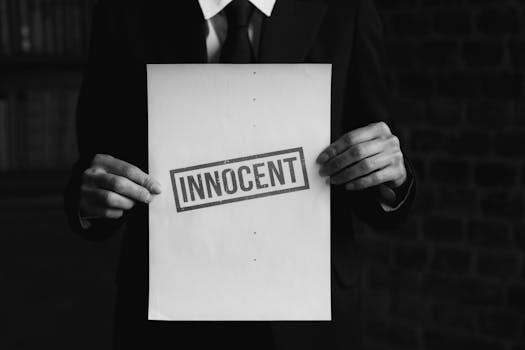Legal Podcast Pitfalls: When Your Episode Becomes Discovery Evidence
Welcome to the world of podcasting, where anyone with a microphone and something to say can become a content creator. Podcasts have become a popular medium for discussing a wide range of topics, including law and legal issues. With the rise of legal podcasts, there has also been a rise in the use of podcast episodes as discovery evidence in legal cases. While podcasting can be a great way to share information and engage with your audience, it can also come with legal pitfalls. In this article, we will explore the potential issues that arise when your podcast episode becomes discovery evidence in a legal case and how to avoid them.
The Discoverability of Podcasts
Before we dive into the pitfalls, let’s first understand how podcasts can be used as evidence in legal cases. Podcasts, like any other form of media, are discoverable in legal proceedings. This means that if a legal case involves information or conversations that were shared on a podcast, the recordings can be requested as evidence.
The reason for this is that podcasts are considered public domain, meaning that the information shared on them is available to the general public. Therefore, any information shared on a podcast can potentially be used against you in a legal case.
The Pitfalls of Using Podcast Episodes as Evidence
1. Admissibility
One of the biggest pitfalls of using podcast episodes as evidence is admissibility. Admissibility refers to the legality of using a piece of evidence in a legal case. Even if a podcast episode contains relevant information, it may not be admissible in court.
For example, if the information shared on the podcast was obtained illegally or violates someone’s rights, it may not be admissible in court. Additionally, if the podcast episode is deemed as hearsay, meaning the information cannot be proven to be true, it may also not be admissible in court.
2. Contextual Misinterpretation
Podcasts are often long-form, conversational, and unscripted. This means that the information shared on them may be taken out of context and misinterpreted in a legal case. In a podcast setting, certain comments may be meant as jokes or opinions but could be seen as admission of guilt in a legal setting.
Furthermore, the tone of voice, body language, and facial expressions are not captured in a podcast recording, which can lead to misunderstanding and misinterpretation of the information shared. This can be especially problematic in cases where the podcast is being used as the sole source of evidence.
3. Privacy Concerns
Podcasts often involve personal anecdotes, opinions, and conversations that may not have been intended for public consumption. When a podcast episode becomes evidence in a legal case, it can violate the privacy of the individuals involved in the conversation.
For example, if a podcast episode discusses sensitive personal information or confidential details about a legal case, it can have serious consequences for those involved. This can lead to legal action against the podcaster for invasion of privacy.
How to Avoid Legal Podcast Pitfalls
Now that we have discussed the potential pitfalls of using podcast episodes as evidence, let’s look at some ways to avoid these issues.
1. Be Mindful of the Information You Share
As a podcast host, it is important to be mindful of the information you share on your show. Avoid discussing sensitive topics or confidential information that could potentially be used against you in a legal case. If you do need to discuss a legal matter, consult with a lawyer beforehand to ensure that you are not compromising any legal proceedings.
2. Be Clear About Your Opinions
In a podcast setting, it can be easy for opinions to be taken as facts. To avoid this, be clear and transparent about your opinions and distinguish them from facts. This can help to avoid misunderstandings and potential legal issues.
3. Protect Your Guests’ Privacy
If you have guests on your podcast, it is important to respect their privacy and obtain their consent before sharing any personal information or details about legal matters. This not only protects you from potential legal action but also shows respect for your guests’ privacy.
4. Consult with a Lawyer
If you are concerned about the legal implications of your podcast, it is always a good idea to consult with a lawyer. They can provide you with guidance and help ensure that you are not unknowingly sharing information that could harm you in a legal case.
Conclusion
Podcasting can be an enjoyable and informative way to discuss legal matters, but it is important to be aware of the potential pitfalls that come with it. As long as you are mindful of the information you share, respect privacy, and consult with a lawyer if needed, you can avoid any legal issues that may arise from your podcast episode becoming discovery evidence.







